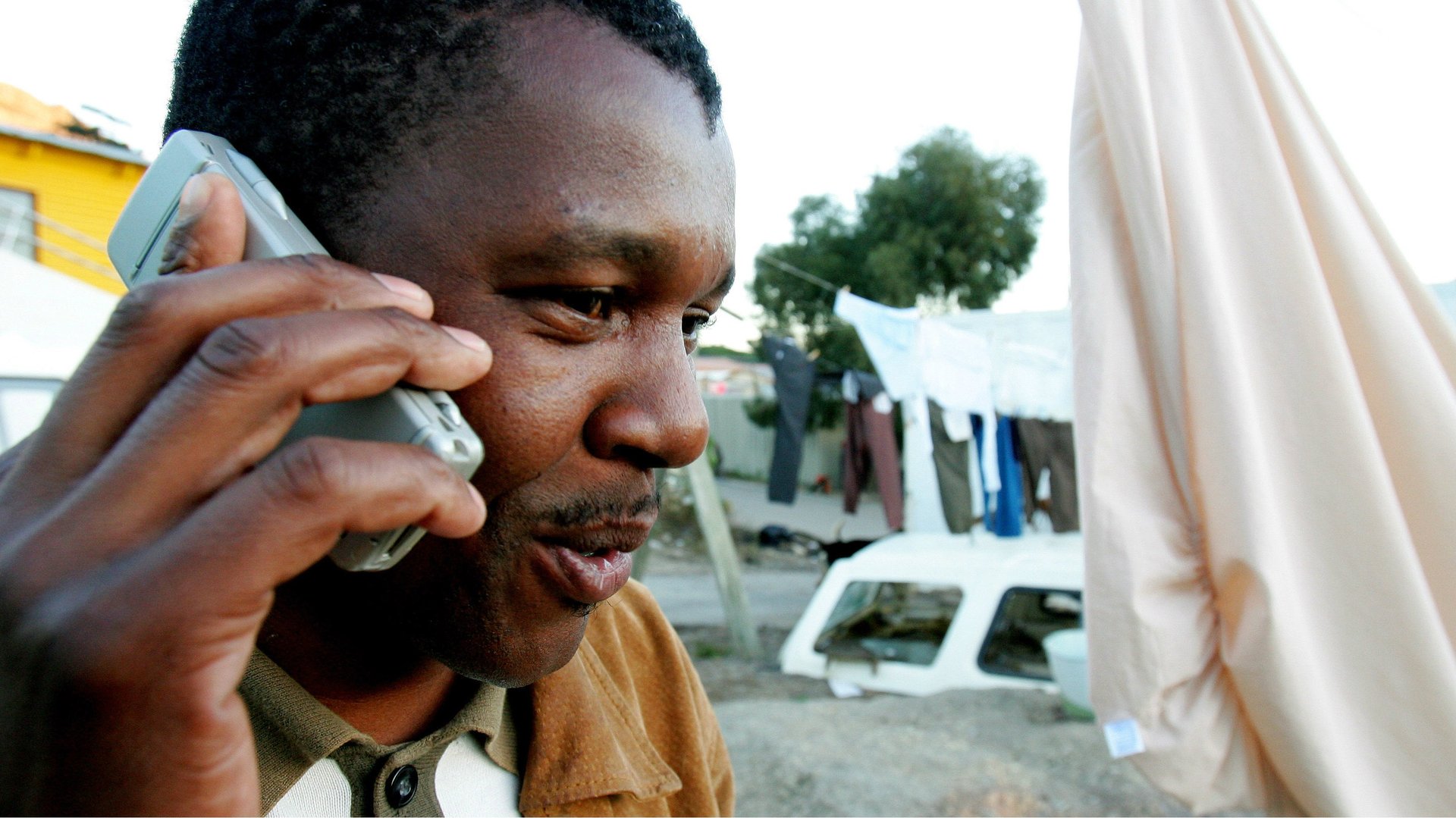Mobile connectivity is impossible for the billion who lack a legal identity
There’s a good chance you are reading this article on a mobile phone.


There’s a good chance you are reading this article on a mobile phone.
Of the 7.5 billion people among us, more than 5 billion now have access to a mobile phone, with 3.3 billion of them having a mobile internet subscription. As more and more economies “go digital,” individuals will need the internet to use vital services that many of us take for granted. And for many of those in developing countries, a mobile phone is the only way to connect to the internet or communicate with loved ones.
However, getting a mobile phone SIM card in most countries is predicated on presenting proof-of-identity: You can’t sign up unless you can prove who you are. That’s fine for many of us living where birth certificates, passports, and driver’s licenses are the norm, but according to the World Bank, more than 1 billion people around the world lack an official proof-of-identity.
Of those 1 billion without an ID:
- Almost all (941 million) live in countries where proof-of-identity is required to register a mobile SIM card, and they are therefore unable to access mobile services.
- The majority (901 million) live in low- or lower-middle income countries.
- About half (494 million) live in Sub-Saharan Africa.
- Most are likely to be women.
- And many are likely to be forcibly displaced, either refugees or those affected by humanitarian crises.
Our latest research at GSMA found that 147 countries require mobile users to present proof-of-identity when registering for a prepaid SIM card in their own name. This begs the question: How do we expect to get all these people connected if they can’t prove who they are?
We have found that where proof-of-identity is needed to access mobile, the share of the population who are mobile users is directly proportional to the level of official identity penetration coverage in a country. The nearly 1 billion who lack a proof-of-identity face a higher risk of social and financial exclusion, as well as digital and technological exclusion.
In developing markets, mobiles are playing a key role in unlocking access to a plethora of services, such as mobile money accounts, pay-as-you-go energy, water and sanitation services, education, health, and other digital services. In fact, for many of the 690 million people who have a registered mobile money account, a mobile phone is their main, if not their only, means to receive, send, and save money. If you don’t have a mobile, you can’t fully participate in this new society.
Mobile platforms are uniquely placed to offer the most widespread and inclusive means of accessing the internet and digital technologies. The missing component to achieving this is access to official identification. Identification is so critical that it’s a key target in United Nations’ Sustainable Development Goals: Goal 16, Peace, Justice and Strong Institutions, calls for “a legal identity for all, including birth registration by 2030.”
It’s easy to underestimate how important it is to be able to prove who we are—and what this means for our daily lives. Our mobile phone is now an extension of our identity and not only allows us to communicate with friends and family but to also be digitally, financially, and politically included. While this “link” is largely attributed to advancements in technology, in 147 countries it is also a mandatory link as proof-of-identity; access to mobile services and your notion of selfhood go hand-in-hand.
So if you, like me, are lucky enough to have a formal identification and a SIM card in your name, it’s worth reflecting on the fact that one billion fellow human beings don’t have that privilege—to connect, to communicate, and to participate. Let’s collectively think about how we can influence governments and support communities so that every individual can become a visible, mobile citizen by year 2030.